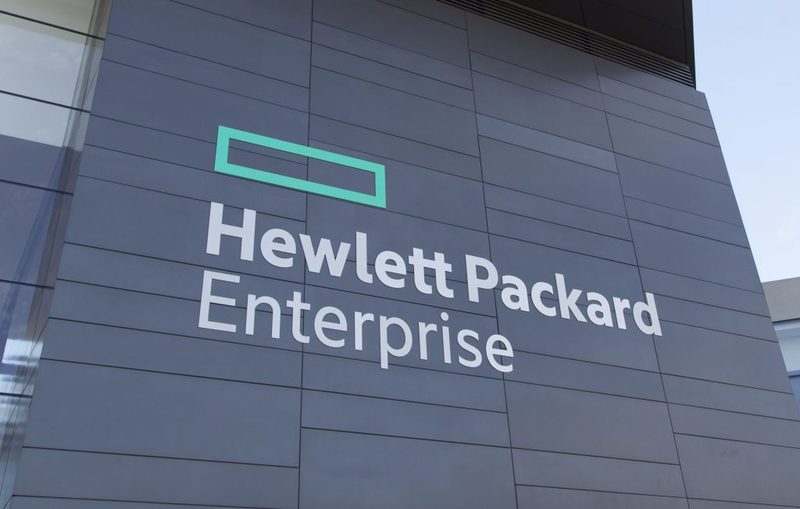At OneAdvanced we know that healthcare is an ever-changing industry, adapting and growing to the world around it, and this has perhaps never been so true as it is today. Technology is rapidly progressing, getting better, quicker and more intuitive year in year, bring with it the potential to make healthcare processes more efficient.
At the forefront, artificial intelligence (AI) has emerged as a true game-changer, reshaping how care is delivered, and decisions are made. Whether it’s enhancing diagnostic accuracy, enabling more efficient administrative workflows, or improving patient engagement, AI is making waves across the sector.
Take, for example, the NHS’s adoption of AI tools to address diagnostic backlogs, an effort that has demonstrated the potential of this technology to directly alleviate pressure on healthcare systems. This article explores the current role of AI in healthcare, emerging trends, and the exciting possibilities it offers for the future of patient care.
AI in Healthcare: What Does it Currently Look Like?
AI’s versatility has already unlocked a wealth of applications that are changing healthcare. Diagnostic tools powered by machine learning are helping detect life-threatening conditions like cancer or predict strokes with unprecedented accuracy. For instance, AI-driven scans can identify subtle patterns in imaging data, offering clinicians a powerful ally in early diagnosis.
Operationally, AI systems are being employed to forecast hospital resource demand, allocating beds and equipment efficiently and optimising supply chains. The NHS has already made headway in these areas, utilising AI to predict patient admissions and boost resource planning. Additionally, AI is enhancing patient engagement through virtual assistants capable of conducting initial symptom checks, scheduling appointments, and answering routine queries, all of which free up valuable time for healthcare teams.
AI-powered solutions are cutting down paperwork and bureaucracy, enabling hospital staff to focus more on patients. Globally, healthcare systems continue to integrate AI tools, setting the stage for more meaningful patient care while maintaining operational efficiency.
Emerging Trends in AI and Healthcare
Predictive Analytics
One of the most promising developments in AI is its ability to leverage predictive analytics, enabling a shift from reactive to proactive care. By analysing patient history and real-time data, AI systems can forecast potential relapses or disease progression, empowering caregivers to intervene early. For example, AI tools used in cancer care can predict a patient’s likelihood of recurrence, guiding personalised treatment plans.
Document Summery AI
Busy healthcare workers are finding a weight lifted from their shoulders with the use of AI for document summarisation. Healthcare professionals often get hefty documents given to them that they need to comb through to make sure no vital information is missed, AI is now able to read documents, summarise them, and highlight key information. This saves time for busy healthcare workers and improves care by ensuring information isn’t overlooked.
Generative AI in Healthcare
Generative AI technologies are beginning to transform clinical workflows. These tools can assist with drafting medical documentation, reducing administrative burdens on healthcare professionals. Furthermore, their potential extends into patient communication and even educational materials tailored for medical practitioners, simplifying complex topics with clarity and accuracy.
AI for Triage
Using AI to triage patients can save precious time and improve accuracy. A snap decision on how urgent a patient’s condition is can change person to person, depending on who is making the call and the information they have available. But, AI can gather patient information from their record in seconds, and taking into account their medical history, age, weight, ethnicity etc, along with all the medical information it has access too, the system can make an informed, data driven decision.
Challenges and Barriers to AI Adoption in Healthcare
While the promise of AI in healthcare is vast, several challenges must be addressed to unlock its full potential. Data privacy and security represent a key concern, as the development and implementation of AI rely heavily on sensitive patient information. Similarly, bias in AI algorithm, an issue stemming from flaws in training datasets, risks perpetuating inequities in care delivery.
Cost remains another hurdle; AI solutions are often expensive to develop and deploy, limiting their accessibility to smaller providers or underfunded systems. Finally, the lack of clear regulatory frameworks and the complexities of integrating AI with legacy electronic health records slow the pace of adoption. Aligning AI with global standards, as outlined by the World Health Organisation’s AI ethics guidelines, is vital in overcoming these barriers.
Many of the initial challenges for AI are quickly being solved. This is especially true because the government is actively working to bring more AI into different areas, like healthcare. Significant investments are being directed towards advanced technologies to enhance operational efficiency within these areas. Furthermore, the establishment of the Regulatory Innovation Office aims to streamline the approval processes for new technological solutions. AI technologies are progressing every day, now becoming extremely secure and more user friendly than ever.
The Future of AI in Healthcare
The future of healthcare is undeniably intertwined with AI, and its potential to address systemic challenges is immense. Amid the high pressures on overburdened healthcare workers, AI can automate repetitive administrative tasks, freeing up staff to concentrate on patient-centric care. Furthermore, we can anticipate a future where AI is deeply integrated into every aspect of healthcare, from improving GP wait times, to more accurate diagnostics, to faster urgent care.
Conclusion
The integration of AI into healthcare represents one of the most significant shifts in the industry’s history, with the power to transform patient outcomes and ensure a more efficient and accessible system. In order to make this transition as smooth as possible, healthcare professionals must remain informed, engaged, and proactive in exploring new opportunities AI presents in their practices.
The future of AI in healthcare is not just about innovation, it’s about creating a system where technology enhances human connections, enabling healthcare providers to deliver better, more compassionate care.
Reach out to a member of our team to find out how Oneadvanced AI can support your healthcare organisation.






